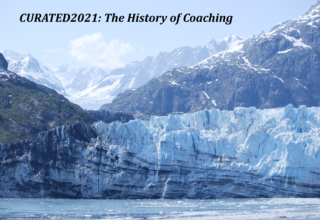
Challenge number two concerns how coaching can have a uniform body of knowledge for coaching -a uniform foundation that allows all of us with our diverse backgrounds to practice and yet not blur the boundaries between the disciplines from which we came. It was not until the mid-1990s that a body of knowledge began to appear as professional organizations and training programs were founded with the focus on evidence-based coaching, graduate-level education, and research. Yet since people can practice coaching without really knowing anything about it as a separate discipline, the result is that many practitioners engage coaching differently from professional coaches and in conjunction with a primary role that is not professional coaching. In fact, each business discipline of consulting, management, and organization development sees coaching as a subset of its respective discipline and practices coaching as a part of its primary discipline.
The third challenge concerns clients’ expectations about what we are going to do and provide as a coach. What are our skills? How do we show up in a specialized area, when no coaching body of knowledge, specific training or qualification (certification) is required? We may possess these skills even when they are not required. Surveys have been done of clients regarding the important criteria that are identified when they pick their coach–and they do not include whether or not they are credentialed or trained. In fact, in a survey done by the American Management Association in 2008, the most important characteristics in choosing an executive coach is relevant business experience. The least important is possession of a doctoral degree.
These three are challenges only when assessed from a modern point-of-view—where things are grouped separately. Looking from a post-modern socioeconomic perspective, one that reintegrates and links, we see that these challenges cluster around a common body of knowledge. What have we chosen to do as coaches to identify a body of knowledge and ensure that people have the understanding and competence to practice coaching? One choice taken by the European Mentoring and Coaching Council (EMCC) has been to institute quality awards. This contrasts with the International Coach Federation (ICF) choice of certification standards. We have the potential to redefine coaching in a 21st century version or to fall back to the 1990s version – it is our choice.
Download Article 1K Club



















